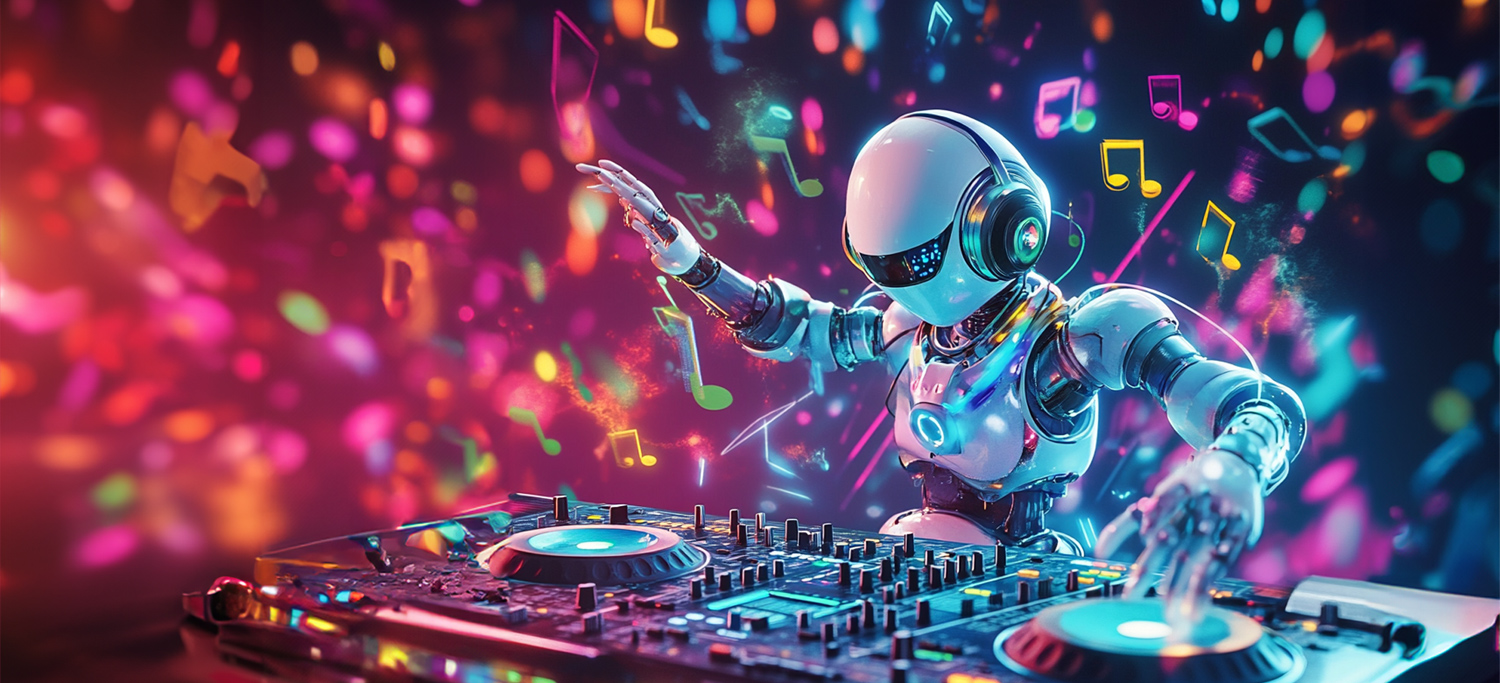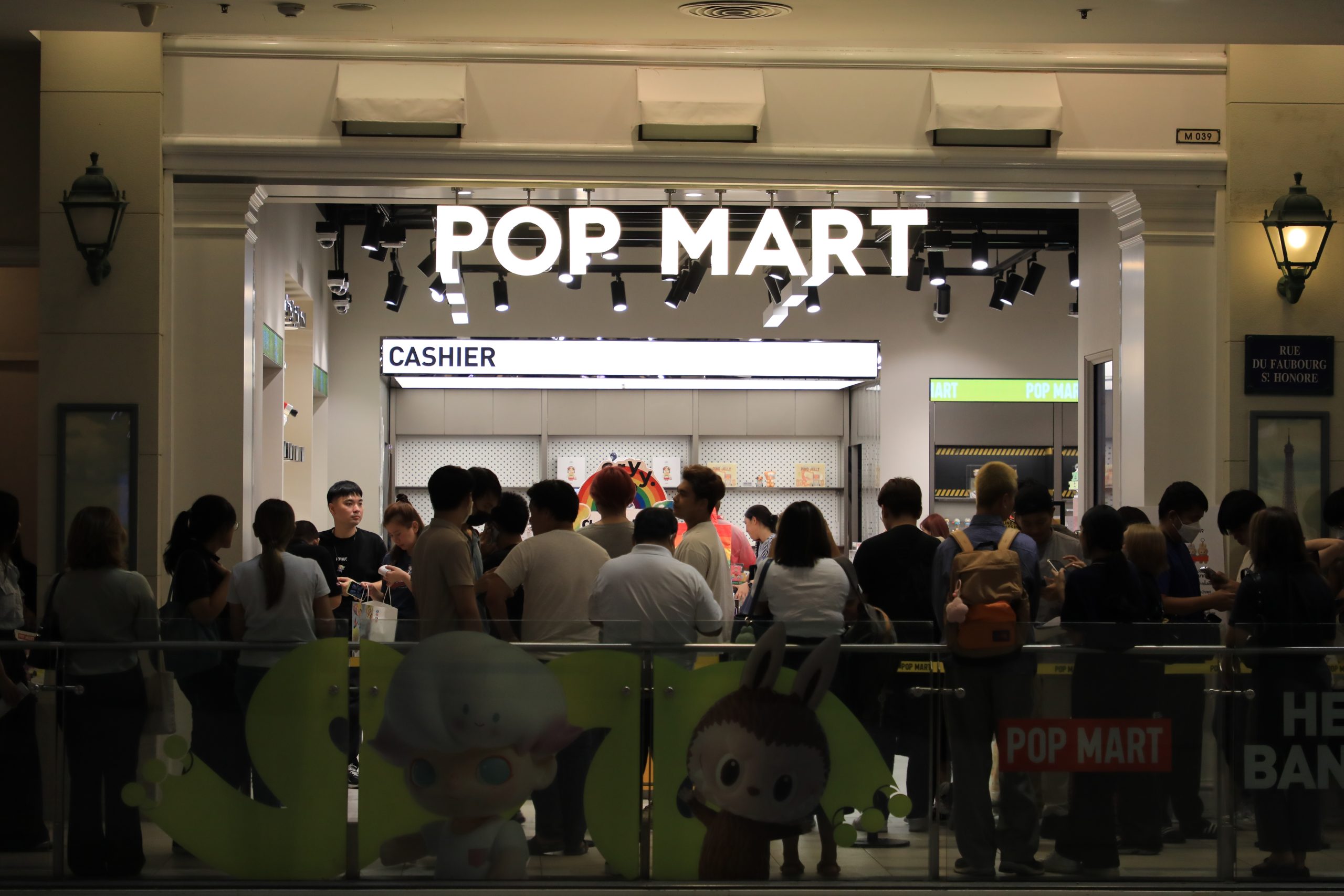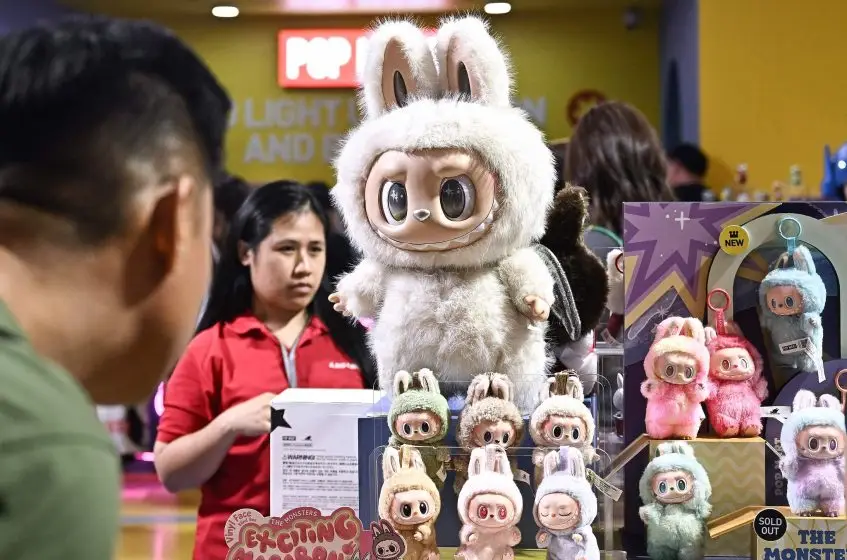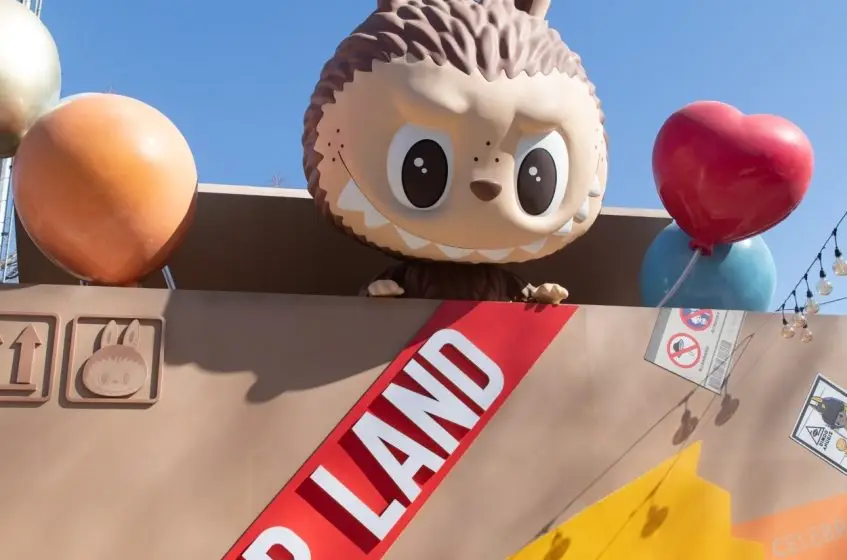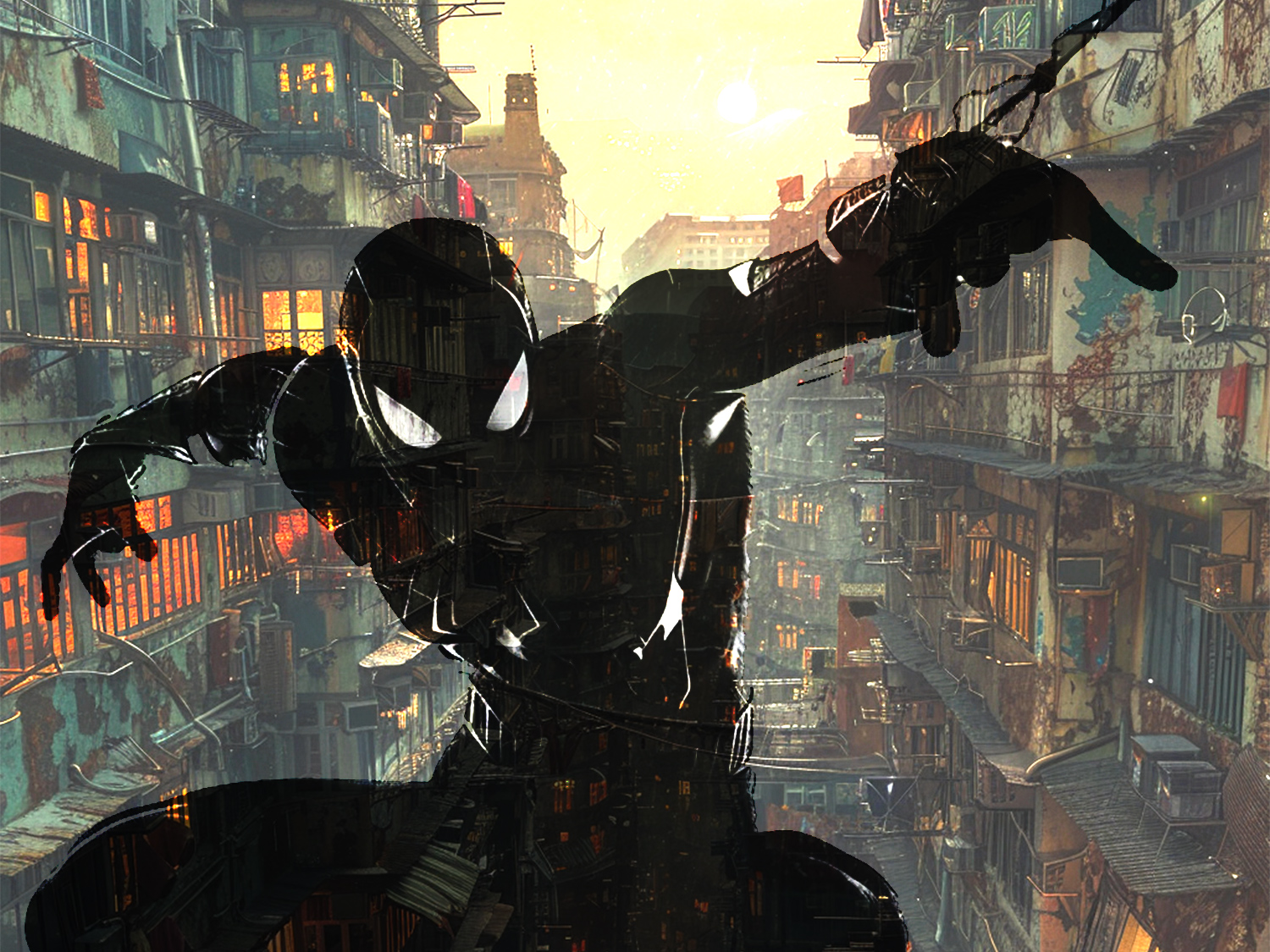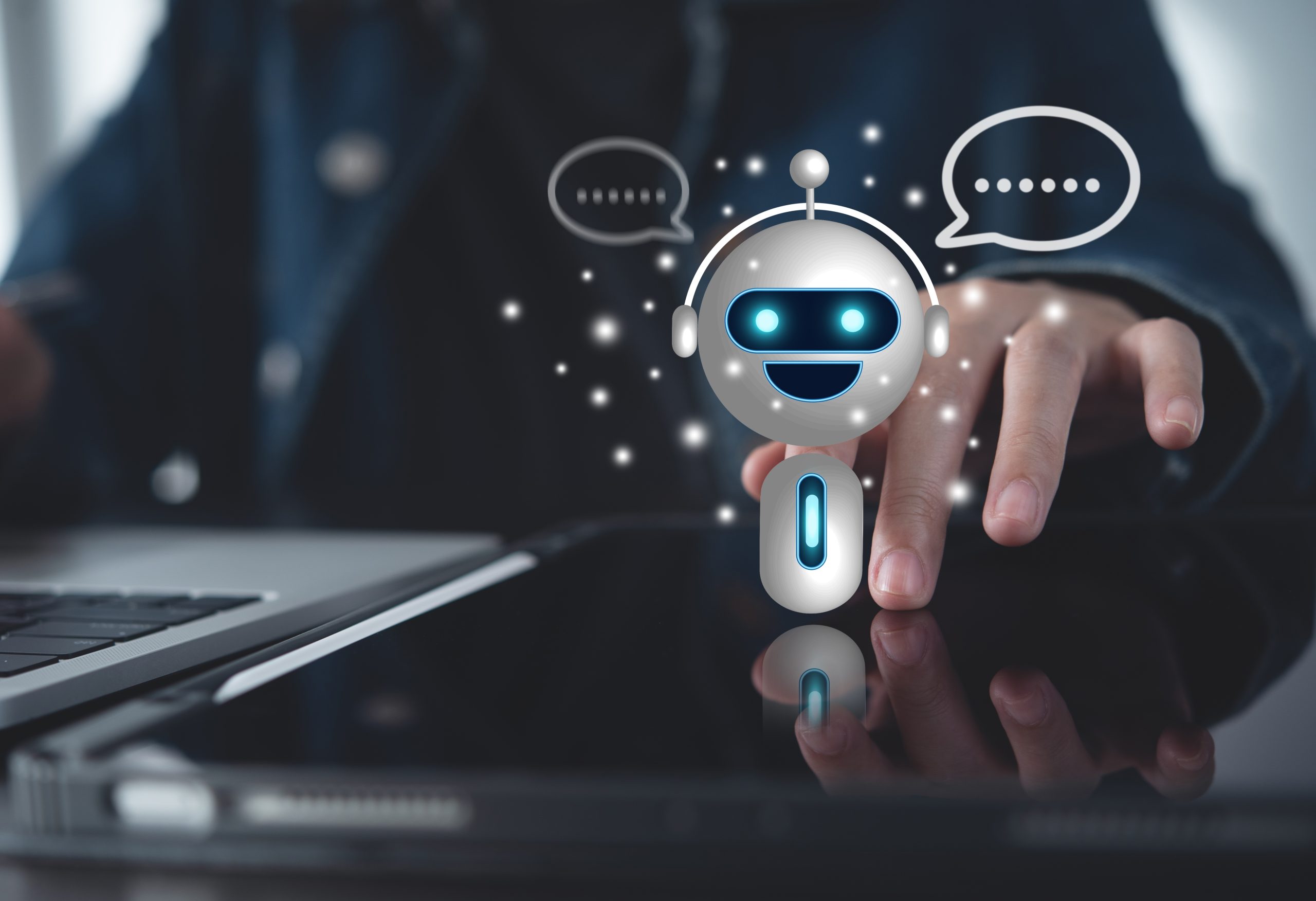Dr Tingting Fan
4 December 2024
When we listen to music through our earphones these days, do we realize that over 30% of it is already produced by AI? Last year, the AI-generated song “Heart on My Sleeve” got 20 million hits on Spotify. Early this year, the burgeoning AI-generated music scene drove Universal Music, the world’s leading music company, to remove all its records from TikTok, the largest platform for short-form mobile videos. After the two companies reached an agreement in mid-2024, TikTok agrees to label all AI music footage accordingly. The impact of AI technology on the music industry has been fast and furious.
Cause for celebration or concern
With the progress in AI technology, major technology companies have extended their reach over the music industry. For example, the text-to-music model named MusicGen was launched by Meta to users in 2023. The Stable Audio 2.0 model, introduced by Stability AI this year, even allows users to upload existing music to generate new tracks in a completely different style. The acoustic quality is comparable to that of a vinyl record.
It is a cause for celebration because AI enables ordinary people, who are not music professionals, to not only “create” music with ease but also earn money from these “creative” works. Boomy, an American start-up, supports users in uploading their AI-generated music to Spotify and other streaming platforms for a commission.
That being said, it is a cause for concern because if music can be “created” by an AI model, would professional musicians find themselves out of a job? Given the five consecutive months of protest from Hollywood actors and screenwriters in 2023, the looming fear is clear as day.
As a matter of fact, the great concern is not unjustified. In 2017, 87% of music tracks played on Spotify were from singers signed with record labels. By 2022, this percentage fell to 75%. As of 2023, over 100 million pieces of music were generated by AI, taking up around 30% of our music-listening time. The revenue generated by the AI music market is projected by industry members to reach US$7 billion by 2026, while AI music is expected to have a 50% share of the music sector by 2030.
Quantity or quality
At present, the advantages of AI-generated music lie in speed and quantity. Boomy claims that in just a few years, there are already 18 million pieces of AI-generated music, whereas only 100 million pieces of old and new music spanning all time periods have found their way to Spotify so far. Nevertheless, does the quality of AI-composed music rival that of the creative works by professional musicians? So far, the works created by AI have been based on past music. With the rapid growth in quantity, the quality of AI-generated music will eventually regress to the mean. When the excitement over this new technology wears off for the public, will people tire of AI-produced music and turn to works by music artists? Alternatively, one wonders if a “scientific division of labour” is possible, whereby AI-generated music serves as low-cost background music while the concert stage is reserved for music artists’ works to shine.
When it comes to people’s requirements for music, quantity and quality are never mutually exclusive. Striking a balance between the two is something that both AI companies and music artists should explore.
As a matter of fact, both music artists and record companies, which rely on music copyrights to survive, are on the receiving end of AI-generated music’s vexing challenge. The music works owned by record companies provide the raw materials for AI models to “create” new music after learning their characteristics. But should AI companies be obliged to pay royalties for these raw materials? And should AI-created music be under copyright protection?
Recent years have seen increasing challenges arising from these issues. In 2023, for instance, Universal Music accused Anthropic, an AI company with investments from Google and Amazon of illegally using works owned by Universal Music to train Anthropic’s AI models. In its defence, the company claims that using existing music to train AI models does not constitute copyright infringement.
Challenge or opportunity
Since advancements in AI technology have far outpaced developments in intellectual-property laws, these problems without quick solutions have become a grey area, presenting both challenges and opportunities for record companies and AI technology companies. In retrospect, this is not the first time music publishers have encountered copyright challenges. The late 20th century saw the migration of music from CDs to electronic MP3 files, which, coupled with the rise of sharing platforms like Napster, led to rampant pirated music that pushed many record companies out of business. It took an entire decade for record companies to develop a business model more profitable than the traditional approach of selling CDs and to eventually reach agreements with music streaming platforms regarding music copyright.
Taking lessons from history and embracing the unstoppable trend of AI music, record companies no longer regard it as an uncontrollable beast. Instead, they are striving to devise a new business model that can enable music copyrights to bring greater profit in the AI era. Robert Kyncl, CEO of Warner Music Group, once says that simply rejecting AI and fighting against it is out of the question. In promoting legal definition and protection of music copyright, record companies actively use AI to facilitate music creation by professional artists in cheaper and faster ways on the one hand. For example, AI is harnessed to produce multilingual versions of podcasts for the enjoyment of audiences around the world. Machine learning has even been used to extract a muddled demo song left behind by the Beatles’ lead singer, John Lennon, in 1973. The recent release not only gave new life to the song “Now and Then” but also reignited enthusiasm for their Beatles’ classic ballads. On the other hand, AI models are also trained to precisely detect copyright-infringing music for litigation purposes, if necessary. Additionally, record companies may even roll out a two-pronged carrot-and-stick strategy to protest against copyright infringement by AI companies while leveraging their advantage as copyright owners to become market pioneers through closer cooperation with AI companies.
Two centuries ago, the Fate Symphony strikes a chord with us, helping us to empathize with Beethoven’s struggle against destiny after losing his hearing. Two centuries later, if Beethoven came back to life, could AI restore his hearing to inspire him to compose even more masterpieces for posterity? Two hundred years ago, through musical notes, Beethoven issued the rallying cry: “Listen! Fate is knocking at the door!” Today, two hundred years later, hopefully the door opened by AI will lead to a new era of human creativity!

